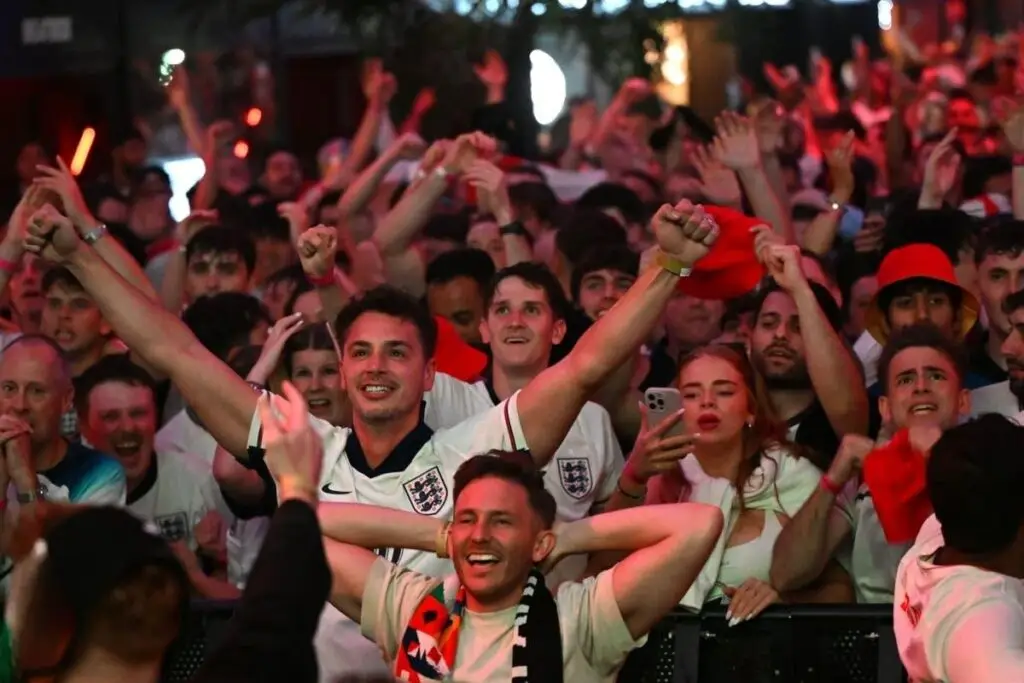As the Euro 2024 final approaches, questions arise about its potential economic impact.
- Prime Minister Rishi Sunak made a blunder by discussing the Euros in Wales, a non-qualifier country.
- Sunak’s PR attempts, including a football session, fell flat, contrasting with Keir Starmer’s genuine football enthusiasm.
- Despite past correlations between sporting success and economic boosts, the evidence remains inconclusive.
- Although an England win would lift national spirits, it may not significantly affect economic performance.
On the first day of the election campaign, Rishi Sunak travelled to Barry in Wales and asked workers about the upcoming Euro football finals. They were uninterested, as Wales hadn’t qualified. This classic gaffe from the accident-prone prime minister underscored that football was on his mind.
Despite claiming to support Southampton, Sunak never came across as a keen football follower. His lacklustre attempt at playing with children at Chesham United, where he stumbled over a traffic cone, further damaged this perception. His public relations effort did not yield the desired results.
However, there is no doubt that Sunak and his advisors hoped the football tournament would contribute to a national feelgood factor. They chose an earlier polling date, anticipating benefits from the tournament, lower inflation, and potential interest rate cuts. Alas, England’s early lacklustre performances failed to inspire confidence.
Now, as England prepares for the final against Spain, the team is playing with newfound flair. Their victory over Switzerland on penalties in Germany has reinvigorated public excitement. Meanwhile, Sunak’s rival, Sir Keir Starmer, is a genuine football enthusiast. His regular five-a-side games and lifelong support for Arsenal endear him to fans. If England wins, euphoria will sweep the nation, similar to 1966.
But does such collective happiness translate into economic gains? Supermarkets forecast a surge in sales of barbecue foods and drinks, and pubs expect to sell millions of extra pints. The British Beer and Pub Association predicts nearly £50 million in additional takings. However, historical data offers mixed insights. After England’s 1966 World Cup win, the economy saw no lasting benefit.
In 1990, England reached the World Cup semi-finals, and the economy initially surged before slipping into recession. The 2012 London Olympics boosted the UK’s international image but didn’t significantly increase consumer spending. Therefore, hoping for an economic uplift from a football win is overly simplistic. The more reliable economic stimulus will come from reduced interest rates. Nevertheless, a victory would undoubtedly uplift England’s spirit.
An England victory would elevate national morale, but its economic impact remains uncertain.


